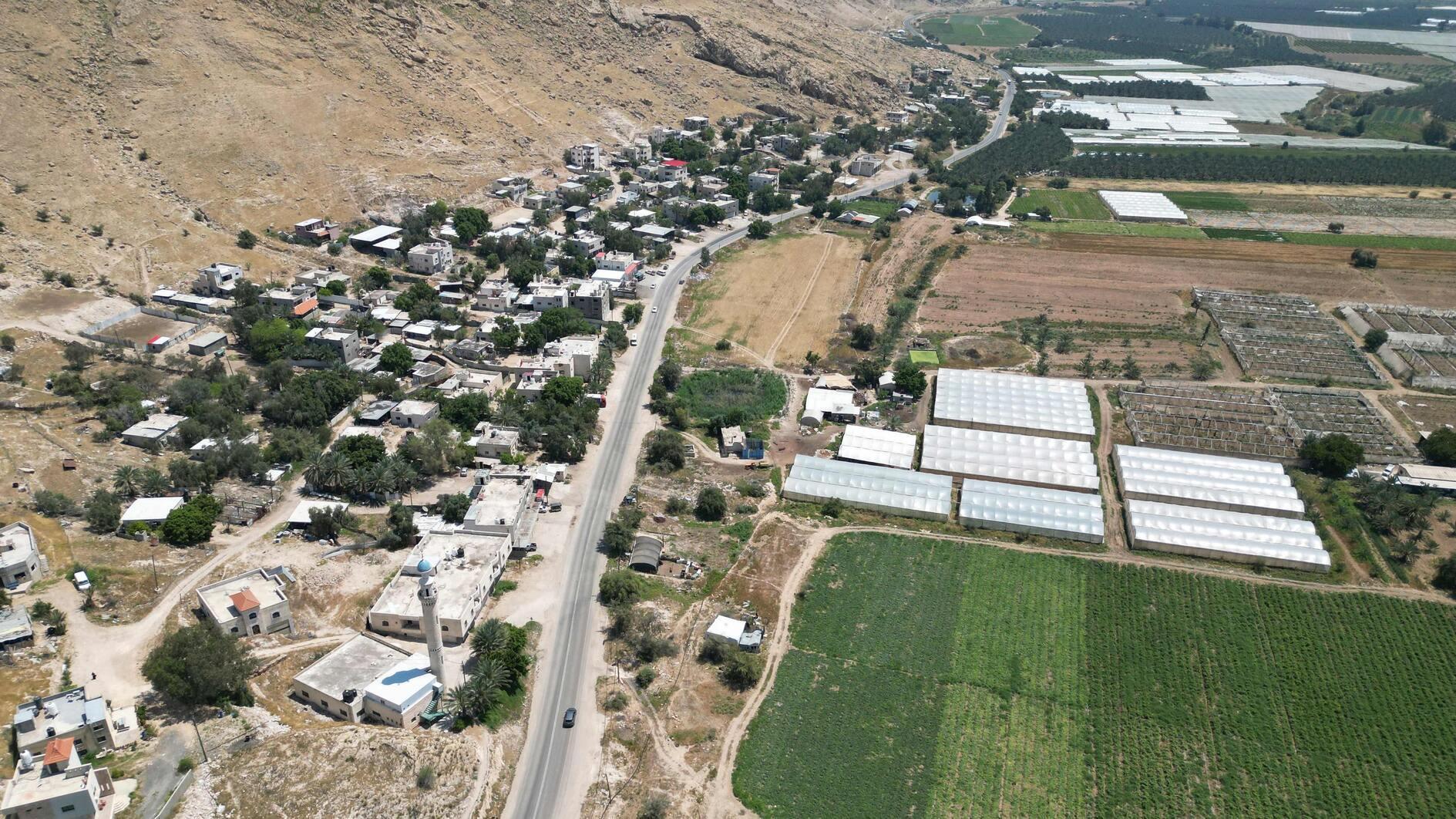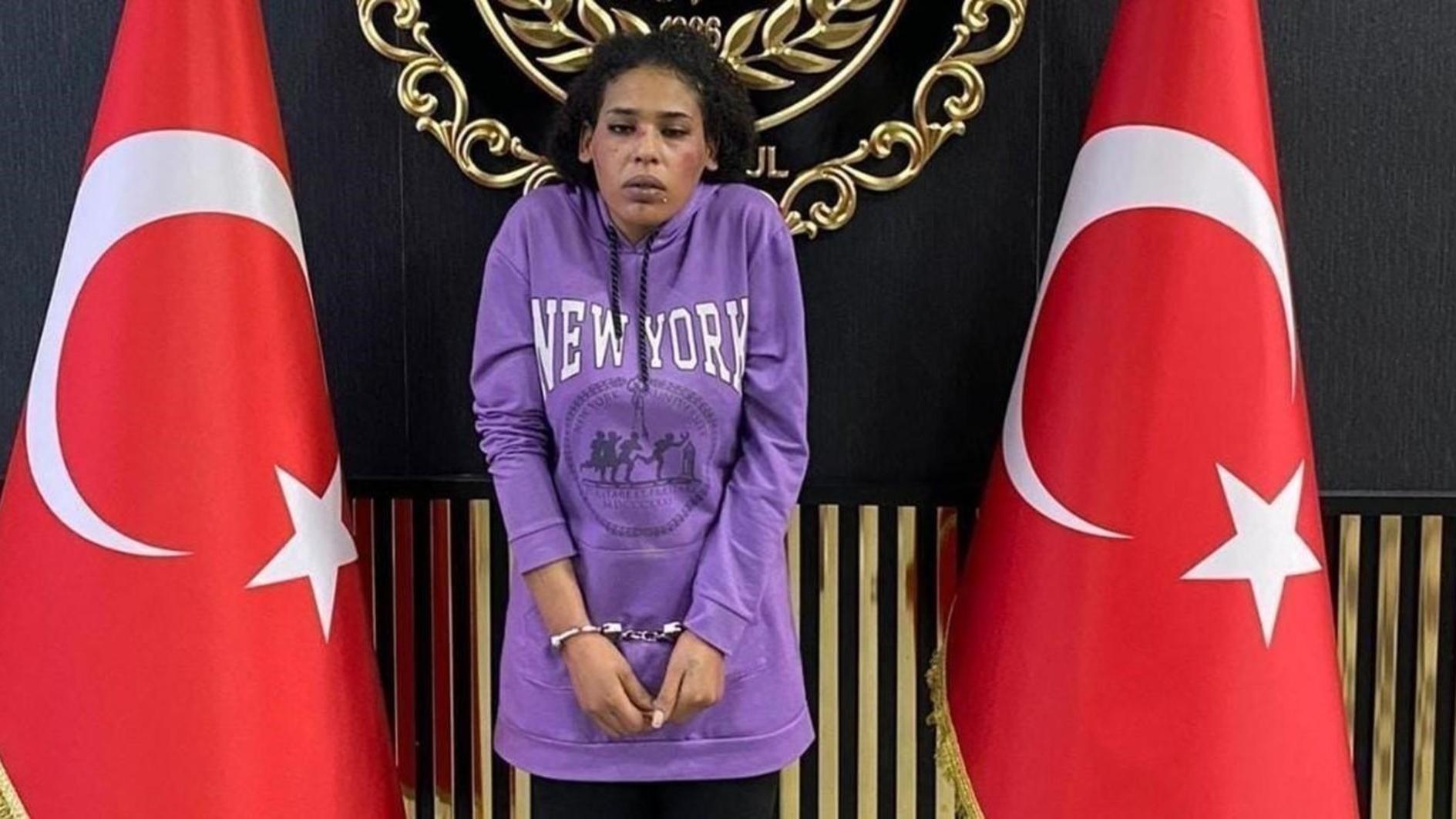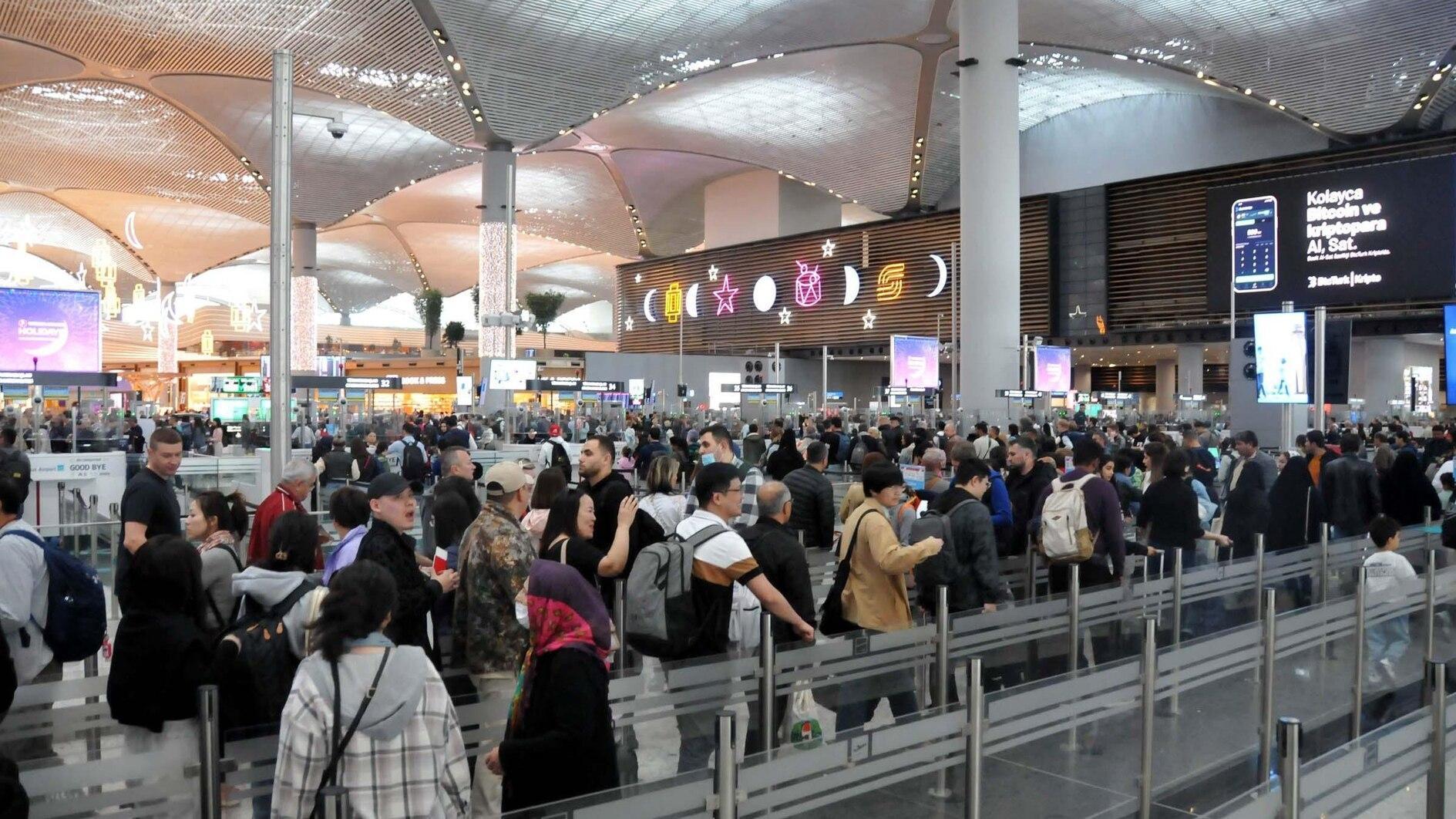Turkey and cold war tactics in Syria
Lately, Turkey and China have started to appear more frequently in the same sentence. Turkey and China seem to be comparable on both their economic and democratic performances. While on the economic front they race for the top ranking on growth rates, on the democratic front they race for the lowest ranking on fundamental freedoms.
Thriving economically while stumbling democratically is not the only similarity of these different countries, which otherwise do not have much in common.
Both China and Turkey have also displayed more assertive foreign policies recently, the former to consolidate its position as a global power which until now largely relied on its United Nations Security Council membership, the latter to consolidate its status as a regional power with global relevance.
Similarities in this framework stop there, since the two countries differ in their tactics and rhetoric.
Everyone knows that China is becoming a more assertive power on the world scene, but it doesn’t come beating the drums. I don’t see the Chinese making statement after statement on burning international issues. Probably this is intentional as it wants to avoid ringing the alarm bells.
The new kid in town is rarely welcome, especially if it is big enough to upset the order of the neighborhood.
Turkey, on the other hand, has been yelling out: “I am the new kid in town and you better take me seriously.” Until recently Turkish Foreign Minister Ahmet Davutoğlu refrained from using modest rhetoric, insisting that Turkey was a game-changer, an order-setter, a king-maker in the region.
That sort of rhetoric laid the groundwork for the current build up of pressure on Turkey to be more active in the Syrian crisis. “If you say you are strong enough to set the order the region, now is the time to act” say the echoes coming from the international corridors. Currently Davutoğlu is seeking the support of global powers to “internationalize” the Syrian crisis in order to avoid its “regionalization.”
The Syrian crisis has been a real eye opener in terms of testing Turkish rhetoric on the reality. It also comes as an eye opener in showing the depth of Turkey’s relations with global players. By now it should be crystal clear to the ruling Justice and Development Party (AKP) that Turkey has no clout whatsoever over Russia when it comes to political issues. I am sure that whatever Davutoğlu said in Moscow a couple of weeks ago was greeted with deaf ears. While economic relations with Russia thrive, political dialogue doesn’t go beyond the statement of positions.
This is not the case with Washington. While there have been many times when the U.S. has totally closed its ears to Turkish advice, the frequency of the two countries seeing eye to eye on regional issues is incomparable to that between Turkey and Russia. That’s why Davutoğlu must feel more at ease in Washington than he did in Moscow.
Davutoğlu is known to believe that the Cold war built artificial walls between Turkey and the Middle East, and you can read between the lines that he hold the U.S. responsible for that. He has recently been calling for an end to cold war practices in the region. I wonder who he is holding accountable for these old tactics.











